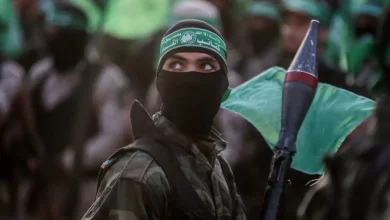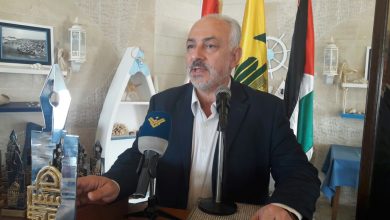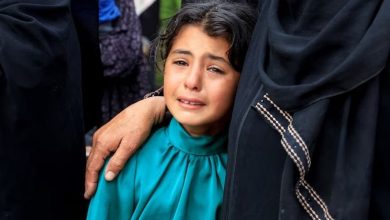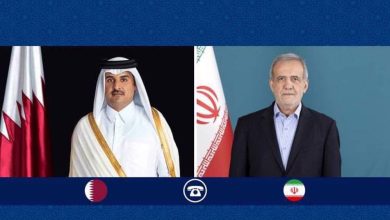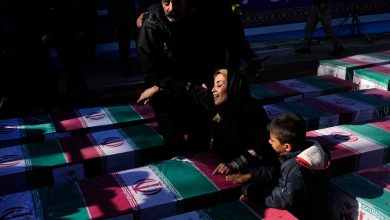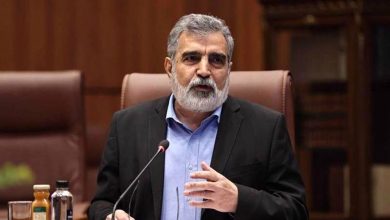Araghchi confirms Iran has officially responded to Trump’s letter
Iran's Foreign Minister, Abbas Araghchi, announced that Iran has officially replied to a letter from US President Donald Trump. The response was conveyed through Omani diplomatic channels.
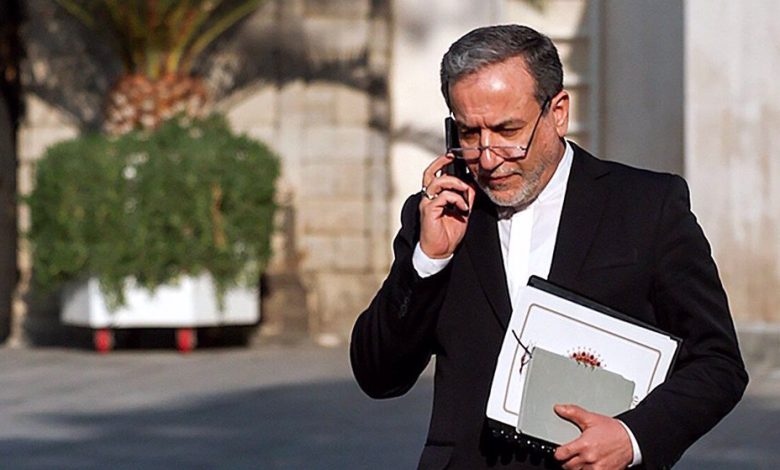
FM Araghchi announced that a response had been dispatched in the form of a letter, which detailed Iran’s perspectives on the prevailing circumstances and addressed Trump’s correspondence.
In an official statement, Araghchi announced that a letter has been sent outlining their perspectives on the current circumstances, as well as addressing Mr. Trump’s correspondence, ensuring the other party is fully briefed on their stance.
He stated that Iran remains steadfast in its policy of refraining from direct negotiations with the United States amid ongoing maximum pressure and military threats.
Araghchi indicated that indirect talks could proceed in a manner consistent with previous negotiations.
Iranian Deputy Foreign Minister Abbas Araghchi stated that the country’s policy persists in not engaging in direct negotiations under circumstances characterized by maximum pressure and military threats. However, he noted that indirect negotiations, which have taken place previously, may continue.
In early March, Trump disclosed that he had dispatched a letter to Iran. Concurrently, he reinstated his stringent ‘maximum pressure’ policy on Tehran by implementing a new round of sanctions aimed at increasing economic and political pressure on the nation.
Iran has repeatedly emphasized its refusal to engage in negotiations with the United States, citing the continued pressure campaign exerted by the Trump administration against Tehran.
Last week, the minister announced that Iran would refrain from entering into direct negotiations with the Trump administration amidst the reimplementation of the maximum pressure strategy.
He stated that direct negotiations with the United States are untenable amidst the prevailing circumstances of heightened military threats and intensified economic sanctions originating from Washington.
Iran remains committed to engaging in dialogue regarding its nuclear program to enhance transparency, according to recent statements. The country is currently engaged in discussions and consultations with three European nations, along with other interested parties.
The Trump administration has reinstated the “maximum pressure” strategy, a policy originally implemented during Trump’s first term in 2016.
In line with this policy, Trump exited the United States from a pivotal nuclear deal with Iran in 2018, subsequently reinstating stringent sanctions targeting Tehran.
In the 2015 agreement reached between Tehran and global powers, Iran agreed to implement temporary measures aimed at building confidence by restricting its nuclear activities. In return, economic sanctions imposed by Western nations were lifted.
On March 7, Trump declared that he had communicated with Iran, urging the nation to engage in nuclear negotiations, while also cautioning that military measures could be considered if talks failed.
On March 12, a letter was conveyed to Tehran by Anwar Gargash, who serves as a Presidential Adviser to the United Arab Emirates.
Iran’s Supreme Leader, Ayatollah Seyyed Ali Khamenei, issued a statement on March 21, addressing recent U.S. threats. Ayatollah Khamenei remarked that such threats are ineffective and cautioned that Iran is prepared to take corresponding actions should the U.S. engage in any harmful activities against the nation.
Supreme Leader further rejected Trump’s overtures for dialogue, alleging that the U.S. leader was trying to mislead international public opinion. Supreme Leader accused Trump of painting the United States as open to negotiations, while casting Iran as reluctant to participate in diplomatic discussions.

